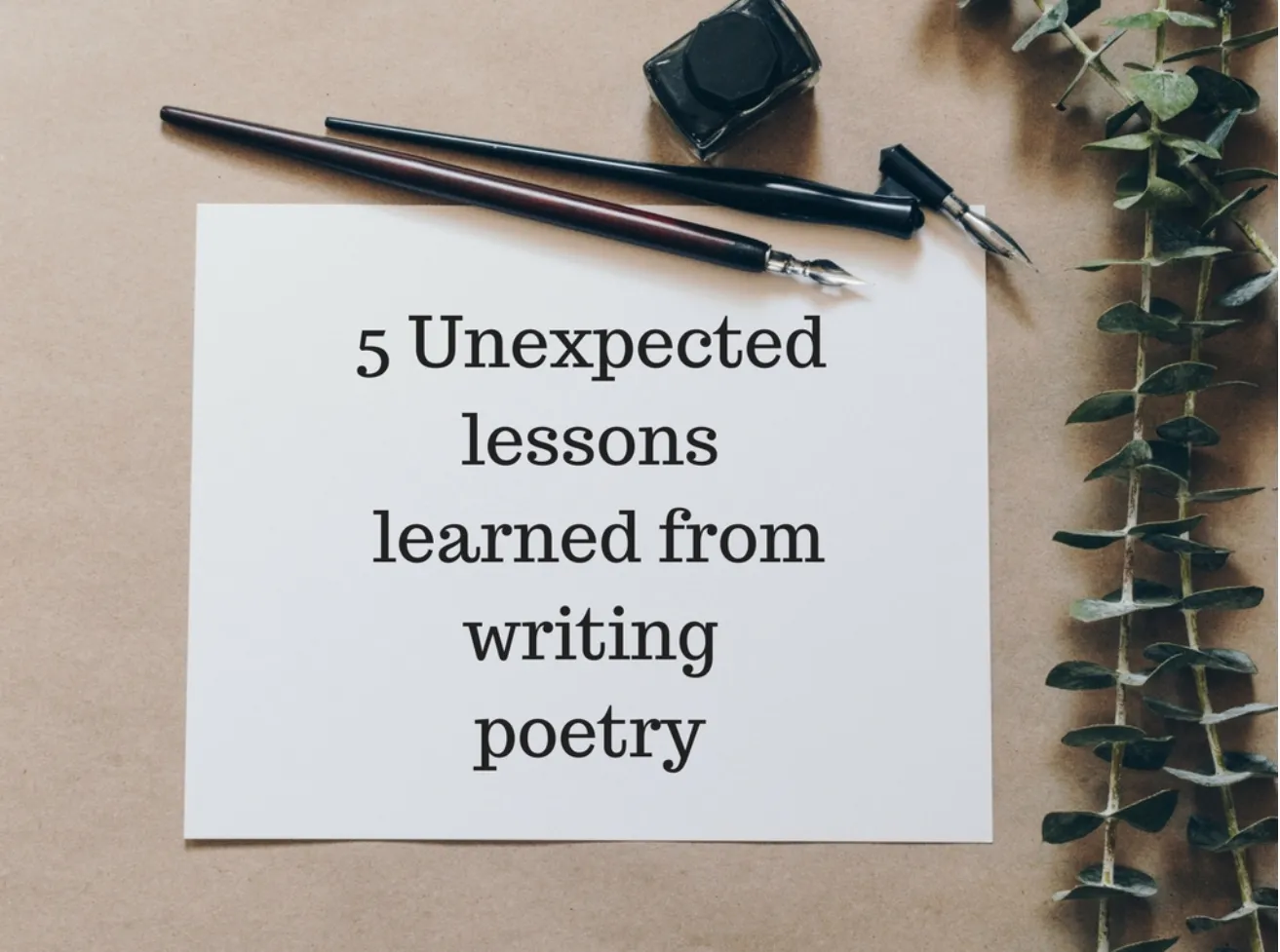And so can you
Poetry is dead.
Or is it? Poetry is a fringe literary endeavor as far as most of us are concerned. We all had to read and learn poetry at school and that was that. Few of us read poetry for pleasure, and only the brave write it. Poets, well . . . they’re eccentric.
Then in April 2017, I met and listened to Angeline Schellenberg, whose collection of poems, Tell Them It Was Mozart, received three awards at the 2017 Manitoba Book awards. It was refreshing to be introduced to such a brave, honest, and at times brutal portrayal of parental love stretched to its limits on the tumultuous journey of looking after a child with a disability. The work made one realize how critical it was to understand better, to judge less, to live more, and, especially to love more.
Less than two months later I stood next to two open graves, ten days apart. My dad’s passing was expected to a large extent—he had been ill for several years following a mild stroke. Mother was the big surprise, the bigger shock. Both were in their early nineties. Mother fell, broke her hip, had it eventually operated on, but died forty-two days later.
Talking, prayer, and meditation helped with the grieving process; as did exercise, and, especially writing. I’ve already been writing novels and posting nonfiction articles—now I took up writing poetry—a somewhat foreign endeavor. There was much to learn (and the learning continues.) I scooped up copies of works by Nabokov, T.S. Eliot, Debbie Strange, Jennifer Still, Michael Crummy, Margaret Atwood, Emily Dickinson and C.S. Lewis. Great comfort was also to be found in reading the Psalms and the Apostle Paul’s letters.
I have discovered that the writing (and reading) of poetry has impacted my writing. It has taught me valuable lessons.
5 lessons learned from writing poetry:
- Helps heal emotional wounds: Writing poetry (as does expressive writing), has the ability to help heal emotional wounds. Writing poetry is more than keeping a journal. The process of being brief, maintaining rhythm, and meter and rhyme, compels the writer to process feelings, the hurt, from more than one angle and on more than one level. I believe the hurt is processed better—and perhaps sooner.
- Teaches writing-discipline: One of the pillars of poetry is being brief and succinct. Less is better. Superfluous words are cut. This principle can often be applied to writing fiction and nonfiction. Tightening narrative and dialogue often makes for stronger writing. But it requires practice—continuous practice.
- Metaphor deserves a place: Poetry is rich in metaphor. In general writing (as in nonfiction), the metaphor has a place but has to be used judiciously, as one uses salt when cooking or baking—for giving taste to food. A pinch of salt, or, at the most a teaspoon full is used; when a cup full is added the food is spoiled.
- Meter matters: Alliteration, assonance and meter matters in poetry; even in free and in blank verse. By making use of the former an additional depth is added to the writing of prose. It also compels the writer to give more thought to what she is writing.
- Become more observant: To write poetry asks for many things, one of which is increased situational awareness—as does any writing that is of significance. The writer/author has to be more observant, look deeper, look beyond the obvious, listen closer and pay constant attention. Taking notes is a good practice.
Poetry is not dead. Poetry matters. Add reading poetry to your reading list for 2018. You can also dip your toes in the waters of writing poetry. There is much to learn in this art form. Poetry, like good writing and painting in watercolor, is not easy. What I appreciate most is the multi-level discipline poetry teaches. I believe it has added much-needed color and flavor to my writing.
Here’s one that I wrote in August:
What stays behind
faded mattress
warm to touch—
labor as I gather the dent
left behind
by your brittle body
at loss
when I fold the pink dress
(the one you loved: did something for your skin),
clasp your hymnal,
unhook your wedding picture
how to pack
an entire life
into a faded suitcase,
without spilling tears on the content,
deciding, what stays behind
•••
How about you?
What is your experience with poetry? How do you see its place in the writing of prose?
Oh, and have a blessed Christmas!
Thank you for reading! Want more? Take a look at some of my very short works here!
© 2017 DanieBotha.com. All rights reserved.
Image by Kelly Sikkema on unsplash.com


